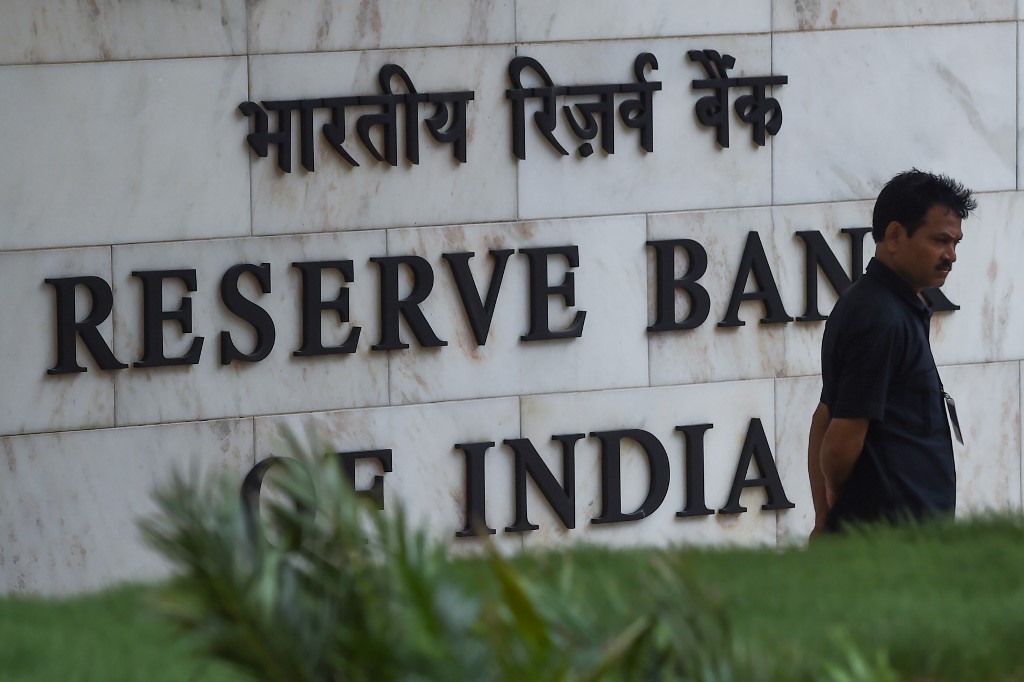(ATF) A proposal by the Reserve Bank of India (RBI) that could allow large corporations to set up banks has set off alarm bells among analysts.
The recommendations are fraught with risks, they say, while some also wonder why the central bank has radically changed its outlook on this issue.
India has a mixed history with private bank ownership, with three high profile failures this year alone: Yes Bank, the Punjab and Maharashtra Co-operative Bank, and most recently the Laxmi Vilas Bank.
On each occasion a privately-owned bank failed and created a major headache for the regulator.
Nevertheless, an internal working group at the central bank on Friday recommended allowing large companies to set up banks, and awarding banking licences to well-managed non-banking financial companies (NBFCs) or shadow banks.
Well-managed Indian non-bank financial companies could potentially improve financial stability, but allowing corporate ownership of banks is a move that is fraught with challenges, analysts say, as the RBI could struggle to supervise non-financial sector players and large corporations might divert resources at a time when the health of India’s financial sector is weak.
“At a time when bank failures are increasing in India, the decision to distribute licences could be controversial, in our view,” Macquarie Research said.
Chequered history
The RBI’s apparent leap of faith on large corporate house-owned private banks is not unprecedented.
Over the last two decades, the regulator has licensed banks in the private sector in four distinct phases.
The first one started in 1993, when the RBI licensed 10 banks on the basis of guidelines issued that year. Satisfied with the functioning of these banks, the RBI issued four more licenses.
Then in 2010, encouraged by the fact that Indian banking system emerged largely unscathed from the global financial crisis of 2008, the RBI put out a discussion paper inviting feedback and comments from banking and industry associations, consultants, experts, the government and other stakeholders.
Based on the feedback, the RBI in July 2013 awarded new banking licenses to 26 selected private players.
The second phase of that reform started in September 2015, with the RBI granting in-principle approval for setting up 10 small finance banks, which was followed in August 2016 by the announcement of “on-tap” universal bank licenses meant for NBFCs, qualified individuals, and some private companies to apply for banking licenses.
However, the RBI has so far kept the doors closed for large business houses to open banks.
And the performance of new banks set up in India over the past three decades has been mixed. Of the 14 new bank licenses since 1993, the RBI had to bail out four failed banks, and had to merge three more with top private banks such as the HDFC Bank, the ICICI Bank, and the IDBI Bank.
Bad idea?
Former RBI governor Raghuram Rajan and deputy governor Viral Acharya say India’s “disastrous history” of bank failures has primarily been a result of the fact that “even an independent committed regulator, with all the information in the world, finds it difficult to be in every nook and corner of the financial system to stop poor lending.
“Giving licenses to industrial houses will concentrate economic powers to these corporates. When the industrial houses would need financing, they would get that without any question from the banks floated by them,” they said.
Banks in India, they added, are rarely allowed to fail, which helps them garner huge deposits.
“If they are owned by industrial houses, it can lead to bad lending. Information on loan performance is rarely timely or accurate [which is why] Yes Bank managed to conceal its weak exposures for considerable periods,” they said.
That aside, corporate ownership of banks raises the risk of intergroup lending, diversion of funds, and reputational concerns, as well as the danger of contagion from corporate defaults.
The RBI’s working group, though, feels that allowing corporates to promote banks can be an important source of capital, and in a capital-starved economy like India’s, this makes sense.
Placing faith in large corporate houses, the RBI also says that corporates can bring “management expertise, experience, and strategic direction to banking. There are very few jurisdictions which explicitly disallow large corporate houses”.
But that’s hardly a good argument, S&P Global Ratings says.
“The performance of India’s corporate sector over the past few years has been weak with large corporate defaults. Non-performing loans for the corporate sector stood at around 13% of total corporate loans as of March 2020 (around 18% as of March 2018), highlighting the more pronounced risk in India compared with other countries,” S&P said in a report on Monday.
Bold but may not roll
So, the suggestions may remain just that – suggestions, according to Macquarie Research.
“At a time when bank failures are increasing in India, we expect the RBI to exercise caution in this regard and hence some recommendations may not come to fruition,” Macquarie Research said in a report.
By the same token, Macquarie also believes that industrial houses, even if they own NBFCs, will not be allowed to open a bank or convert into a bank.
“The experience of allowing corporate houses to run banks has been pretty bad for RBI (eg: Times Bank, Bank of Rajasthan, etc) and thus, we do not believe RBI will grant licences to corporate houses. Note, on-tap licensing is currently available but RBI has not issued any licences,” Macquarie said.
























